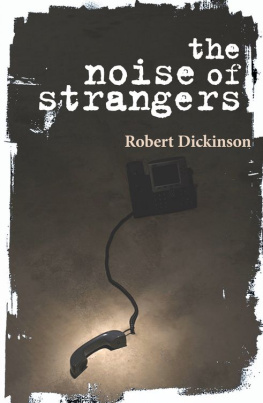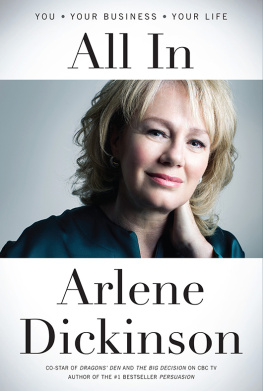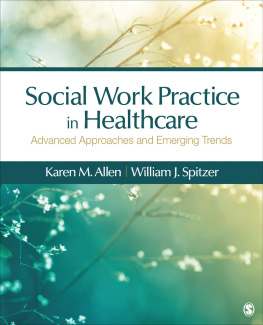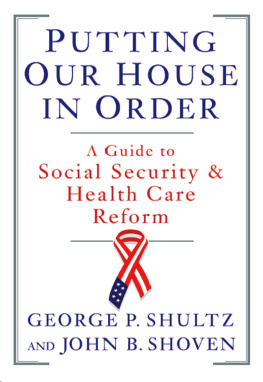Dickinson - Evaluating Outcomes in Health and Social Care 2e
Here you can read online Dickinson - Evaluating Outcomes in Health and Social Care 2e full text of the book (entire story) in english for free. Download pdf and epub, get meaning, cover and reviews about this ebook. year: 2016, publisher: Policy Press, genre: Politics. Description of the work, (preface) as well as reviews are available. Best literature library LitArk.com created for fans of good reading and offers a wide selection of genres:
Romance novel
Science fiction
Adventure
Detective
Science
History
Home and family
Prose
Art
Politics
Computer
Non-fiction
Religion
Business
Children
Humor
Choose a favorite category and find really read worthwhile books. Enjoy immersion in the world of imagination, feel the emotions of the characters or learn something new for yourself, make an fascinating discovery.

Evaluating Outcomes in Health and Social Care 2e: summary, description and annotation
We offer to read an annotation, description, summary or preface (depends on what the author of the book "Evaluating Outcomes in Health and Social Care 2e" wrote himself). If you haven't found the necessary information about the book — write in the comments, we will try to find it.
Evaluating Outcomes in Health and Social Care 2e — read online for free the complete book (whole text) full work
Below is the text of the book, divided by pages. System saving the place of the last page read, allows you to conveniently read the book "Evaluating Outcomes in Health and Social Care 2e" online for free, without having to search again every time where you left off. Put a bookmark, and you can go to the page where you finished reading at any time.
Font size:
Interval:
Bookmark:



A catalogue record for this book is available from the British Library
A catalog record for this book has been requested
ISBN 978-1-4473-2978-7 ePub
ISBN 978-1-4473-2977-0 Mobi
Readers Guide
This book has been optimised for PDA.
Tables may have been presented to accommodate this devices limitations.
Image presentation is limited by this devices limitations.
Tables |
Figures |
Boxes |
AEGIS | Aid to the Elderly in Government Institutions |
ASCOT | Adult Social Care Outcomes Toolkit |
CAT | Collaboration Assessment Tool |
CCG | clinical commissioning group |
CCT | compulsory competitive tendering |
DALY | disability-adjusted life year |
HoNOS 65+ | Health of the Nation Outcome Scale for older people |
HoNOSCA | Health of the Nation Outcome Scale for children and adolescents |
LSP | local strategic partnership |
NHS | National Health Service |
NPM | new public management |
ODPM | Office of the Deputy Prime Minister |
OECD | Organisation for Economic Co-operation and Development |
POET | Partnership Outcomes Evaluation Toolkit |
QALY | quality-adjusted life year |
RCT | randomised controlled trial |
RDT | resource dependency theory |
RE | realistic evaluation |
SCIE | Social Care Institute for Excellence |
ToC | theories of change |
Font size:
Interval:
Bookmark:
Similar books «Evaluating Outcomes in Health and Social Care 2e»
Look at similar books to Evaluating Outcomes in Health and Social Care 2e. We have selected literature similar in name and meaning in the hope of providing readers with more options to find new, interesting, not yet read works.
Discussion, reviews of the book Evaluating Outcomes in Health and Social Care 2e and just readers' own opinions. Leave your comments, write what you think about the work, its meaning or the main characters. Specify what exactly you liked and what you didn't like, and why you think so.










